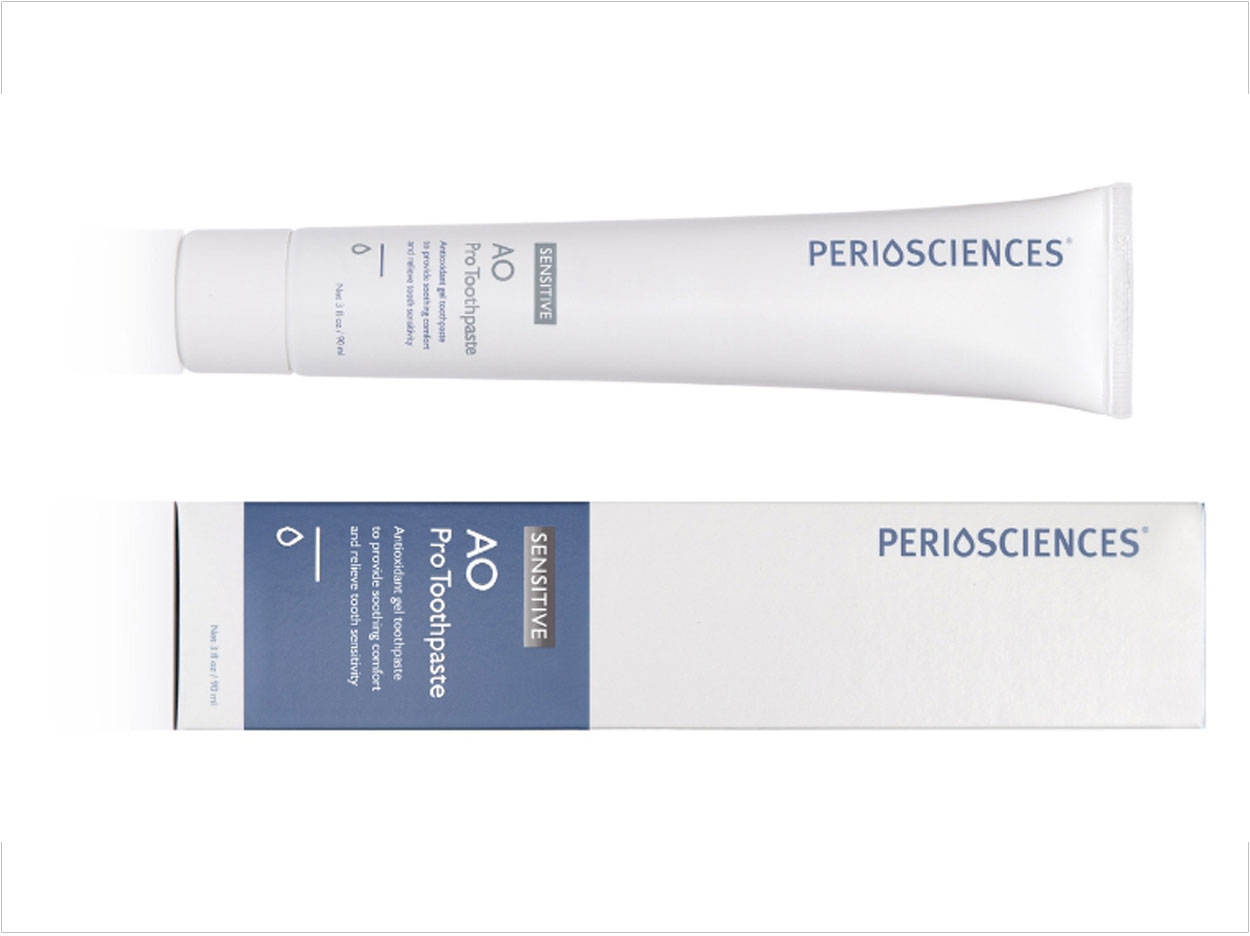
Participants in a clinical study of a new toothpaste for sensitive teeth reported significant relief after just 2 days, according to a recent paper in The Open Dentistry Journal. About half the participants claimed a significant reduction in pain after 48 hours. After 2 weeks, about three-quarters of the patients reported significant relief.
Dental hypersensitivity (DH)—a short, sharp tooth pain caused by cold, heat, sweets, or touch—affects approximately 85% of the population. Most dentists recommend over-the-counter toothpaste for their patients before trying professional treatments.
“Typically, so-called sensitive toothpastes, which contain potassium nitrate or sodium monofluorophosphate, take several weeks before the patient feels any relief,” said Samuel B. Low, DDS, MS, MEd, and lead researcher in the study. “Shortening that time before a patient feels relief is a momentous breakthrough.”
About 60 patients participated in the study. Participation was restricted to patients who had tried commercial toothpastes designed for sensitivity without success. Most patients had DH due to an exposed tooth root. Other causes included sensitivity due to teeth whitening or unknown causes.
Participants were given the sensitive formula toothpaste and instructed how to use it in their daily oral hygiene regimen. They also were told not to use any other toothpaste or treatment during the 2-week period.
Participants filled out a 5-question visual analog scale questionnaire that rated the degree of their tooth pain, its duration, its intensity, and its tolerability at the initiation of the study, after two days of using the toothpaste, and at the end of the two weeks.
Edward P. Allen, DDS, PhD, a periodontist and co-author of the study, believes the new toothpaste’s rapid effectiveness may be due in part to an ingredient called nano-hydroxyapatite.
“It’s a calcium-based compound found in the natural tooth structure that actually seems to replace some of the materials in the enamel and dentin,” said Allen. “The other ingredients in the toothpaste, monofluorophosphate and potassium nitrate, are routinely used in ‘sensitive’ toothpastes. However, most patients require at least one week to feel any difference in their pain.”
The study also suggests that the antioxidants phloretin, ferulic acid, and silymarin in this formula may further contribute to the test toothpaste’s rapid effectiveness. Additional research is planned to pinpoint the biochemical reasons why. The toothpaste used in the study is marketed as Sensitive AO ProToothpaste by PerioSciences. The study was supported in part by PerioSciences LLC. Low and Allen both are consultants for PerioSciences LLC.


